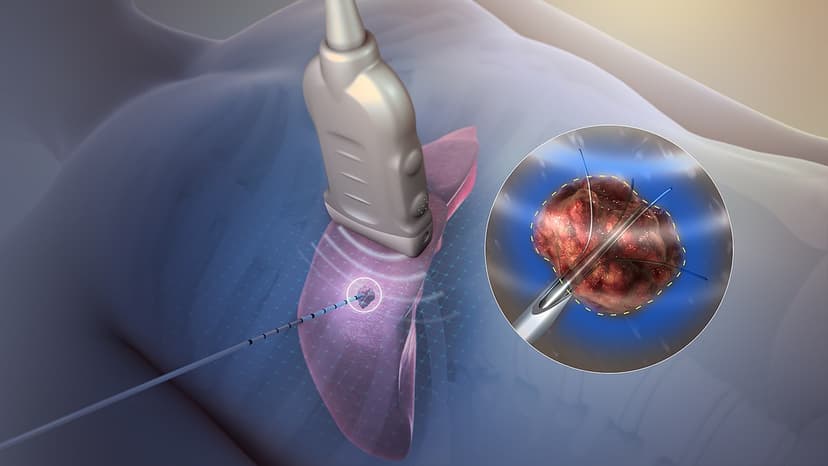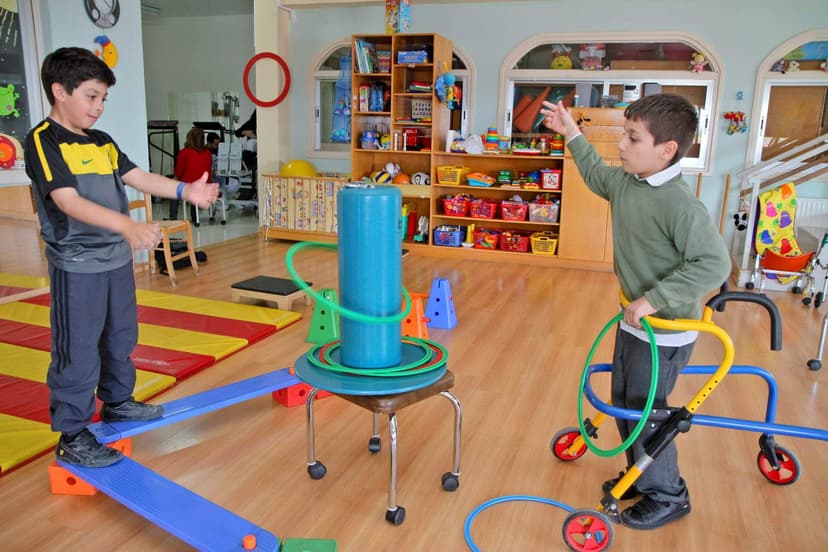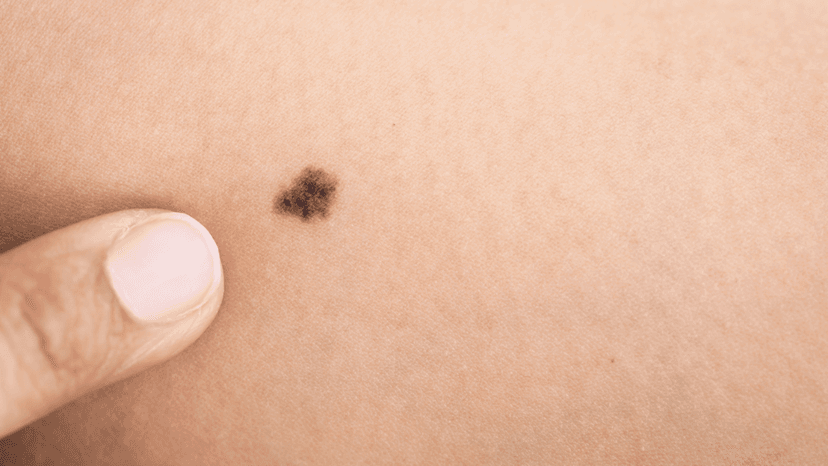Contents
Radiofrequency ablation therapy is a simple and effective way to address chronic pain that doesn't respond to other treatments. This procedure, used recently, tackles pain by targeting and eliminating the nerve endings responsible for it.
Traditionally employed for tumor destruction through controlled burning, radiofrequency ablation is notably successful with small to medium-sized tumors. Now, its application extends to treating chronic pain, such as knee, lower back, and neck pain, delivering impressive results.
For those struggling with chronic pain, we recommend radiofrequency ablation treatment in Turkey. In Turkey, this treatment is cost-effective, ensuring high-quality medical service and a remarkable success rate.
What is radiofrequency ablation?
Radiofrequency ablation is a simple, non-invasive way to ease long-term pain. By using radiofrequency waves, we can halt or decrease the pain messages reaching your brain. This procedure offers lasting relief for those dealing with persistent discomfort in joints, the neck, or the waist.
In this process, small needles are placed near the source of your daily pain, sending radio waves to the targeted nerves. Imaging ensures precise needle placement. Commonly used for back, neck, and hip pain, patients can swiftly resume their regular activities after a brief observation post-procedure.
What happens during a radiofrequency ablation procedure?
This procedure occurs in a controlled environment with light sedation. Using fluoroscopy or ultrasound, a needle is precisely placed near the targeted nerve. Once confirmed, a radiofrequency current is applied, eliminating the pain-transmitting part. Multiple nerve treatments can be done simultaneously, taking approximately 20 minutes.
Patients can leave on the same day after a short rest, resuming normal activities in 2-3 days. Some experience immediate relief, while others find relief within weeks.
The procedure's impact can endure up to 2 years, and if necessary, it can be repeated safely. There is minimal risk of complications associated with this procedure.
Benefits of radiofrequency ablation for chronic pain
Advantages of radiofrequency ablation include:
- Avoid surgery.
- Cut down painkiller use.
- Restore impaired body functions.
- Quick return to daily life post-procedure.
What conditions can be treated with radiofrequency ablation?
There are several conditions that can be successfully treated with radiofrequency therapy:
- Facet joint pain
- Discogenic pain
- Coccydynia
- Neuralgias
- Sympathetically sourced pain
- Chronic pain
- Pain in your neck, back and knee
- Cancer pain
- Facial pain caused by trigeminal neuralgia
- Peripheral nerve pain
- Heart rhythm problems
Which patients are suitable for radiofrequency ablation?
Radiofrequency Ablation effectively treats early knee calcification, non-calcification pain, and advanced knee calcification, providing a non-surgical option for patients looking to delay surgery.
Additionally, Radiofrequency Ablation therapy proves beneficial for managing persistent knee pain following surgical procedures.
In many cases, intra-knee PRP is combined with hyaluronic acid or pain medication injections.
It is employed alongside physical therapy and exercise to alleviate movement-related pain in overweight individuals undergoing weight loss.
Patients experiencing ongoing pain post-knee prosthesis surgery find relief through Radiofrequency Ablation. Coupled with physical therapy, they attain a pain-free period as their muscles strengthen.
You may not be a candidate for radiofrequency ablation if you:
- Are pregnant
- Have an infection
- Have a bleeding problem
What happens after radiofrequency ablation treatment?
After the procedure, if you can walk without any trouble, you can head home. It's essential to walk for at least 30 minutes every day. This helps prevent vascular blockage after the treatment by avoiding prolonged inactivity.
Two weeks later, the doctor checks the treated areas using ultrasound to assess the treatment's results.
What are the possible complications and risks?
Radiofrequency ablation may pose a risk of vascular occlusion. To mitigate this risk, your doctor may recommend post-procedure activities such as walking, exercise, and specific medications.
While the procedure may result in nerve damage and affect superficial sensory nerves, these effects typically resolve within a few weeks.
In below-knee treatments, there is a potential risk of unintentionally damaging the saphenous nerve during radiofrequency ablation therapy. Although rare, damage to the nerves behind the knee may occur, leading to a loss of movement (motor).
Skin burns represent another possible complication of radiofrequency ablation. The likelihood of this occurring is dependent on the doctor's expertise.
Best Clinics for Radiofrequency Ablation in Turkey
Turkish clinics commonly use radiofrequency ablation to ease chronic pain and address tumors, whether benign or malignant.
Best clinics for radiofrequency ablation in Turkey:
- Florence Nightingale Hospital
- Memorial Clinic
Turkey stands out as the top choice for radiofrequency ablation due to its affordability and top-notch medical services. The country boasts the most cost-effective procedure and ensures high-quality healthcare. Radiofrequency ablation therapy is widely embraced in Turkey.
A-Medical Radiofrequency Ablation for Chronic Pain Treatment in Turkey Process
Contacting A-Medical for radiofrequency ablation in Turkey is a quick and straightforward process.
Step 1: Virtual Consultation
Reach out to us via Whatsapp or Email to share details about your medical condition, including your medical history and recent tests. We'll send this information to the clinic handling your treatment, ensuring you receive prompt feedback on your suitability for the procedure and an accurate cost estimate.
Step 2: Treatment in Istanbul, Turkey
Once confirmed for radiofrequency ablation in Turkey, we'll organize your entire travel plan. From your arrival to Turkey, accommodation, doctor appointments, treatment date, and more, we'll handle all the details. Upon arrival, you'll be placed in the clinic, ensuring a seamless experience.
Step 3: Expert Aftercare
After treatment, you'll undergo a supervised recovery period, lasting days or weeks. Your personal assistant will address all your needs during this time, ensuring a close follow-up. Post-recovery, A-Medical facilitates your return home. Back in your country, you can continue regular check-ups with your doctor and inquire about the treatment results.




